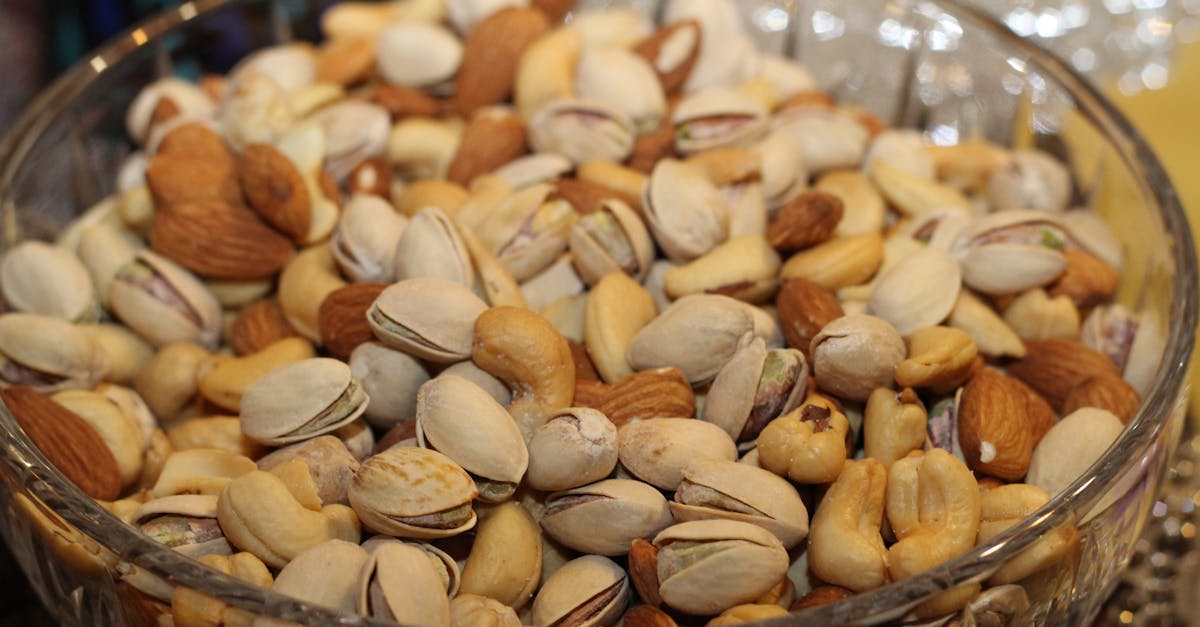“`
Thinking about making brown rice a daily staple? You might want to reconsider. While it’s often touted as a healthier alternative to white rice, eating brown rice *every day* could actually lead to some unexpected problems, including digestive issues and even potential nutrient imbalances. This article will explore why consuming brown rice daily isn’t always the best idea, examining the potential drawbacks and offering a more balanced approach to incorporating it into your diet.
Why You Shouldn’t Eat Brown Rice Every Day
The Dark Side of Daily Brown Rice Consumption
Brown rice, with its bran and germ intact, is packed with fiber and nutrients. But, just like anything, too much of a good thing can cause issues. Have you ever experienced a persistent stomach ache after a seemingly healthy meal? That could be your body reacting to a sudden overload of fiber from something like brown rice.
I remember a time when I was trying to “clean up” my diet. I switched to brown rice for every meal. Within a week, I was experiencing bloating and discomfort. It was counterintuitive, I thought I was doing something great for my health, but my body was telling me otherwise. That’s when I started to investigate, asking myself, *why is brown rice not good for you* if eaten daily?
Digestive Issues and Brown Rice
One of the main concerns with daily brown rice consumption is its impact on your digestive system. The high fiber content, while generally beneficial, can cause irritation. The bran and germ, which give brown rice its nutritional edge, can be difficult for some people to digest. This can manifest in various ways. Have you ever felt bloated or experienced diarrhea or constipation after eating a large amount of brown rice? These are all potential signs that your digestive system may be struggling to process it.
Moreover, according to a report in the *Times of India*, the bran and germ can contribute to digestive issues like bloating, diarrhea, constipation, and even leaky gut syndrome. These issues can seriously affect your overall well-being. It’s important to listen to your body.
Arsenic Content: A Silent Concern
Another significant concern is the arsenic content in brown rice. Arsenic, a naturally occurring element found in soil and water, tends to accumulate in rice more than in other grains. Brown rice, with its outer layers intact, contains higher levels of arsenic compared to white rice where the outer layers have been removed.
While the levels are usually low, regular and excessive consumption of brown rice could increase your risk of developing serious health problems, including cancer, heart disease, and type 2 diabetes, as mentioned in a *Times of India* article. This is something to carefully consider when deciding what you put on your plate every day. Are you willing to risk your health for a quick fix?

Nutrient Imbalance: Brown Rice is Not a Complete Meal
Let’s face it, even though brown rice is a good source of fiber and minerals, it’s not a nutritionally complete food. A diet that relies too heavily on brown rice could lead to imbalances in your nutritional intake. You might become deficient in essential vitamins and minerals. This is especially true if brown rice constitutes a large portion of your daily meals, which is a common mistake if you’re trying to embrace brown rice.
My friend Sarah went through a phase where she was obsessed with brown rice, because she heard it was healthy. It was her go-to food. After a few months, she started feeling constantly tired and weak. She later found out she had several nutritional deficiencies that were partially attributed to her unbalanced diet. A balanced diet is key and should include a variety of foods. According to a *Healthline* article, while brown rice is rich in fiber and minerals, it is not a balanced meal on its own.
The Overconsumption of Fiber: Too Much of a Good Thing
Fiber is known to promote good digestive health. But, as with anything else, there can be too much of a good thing. If your body isn’t used to consuming large quantities of fiber, it can cause significant digestive distress. This can lead to gas, bloating, and discomfort that can really put a damper on your day.
The article on *Healthline* highlights this point, noting that high fiber intake can cause gastrointestinal issues, especially if your body isn’t used to it. It’s important to gradually increase your fiber intake and not go overboard. Are you paying attention to how much fiber you are actually getting in your diet?
Finding Balance: How to Enjoy Brown Rice Safely
So, does this mean you should ditch brown rice altogether? Not at all. The key is moderation and variety. Incorporate brown rice into your diet as part of a balanced meal plan. This is what I’ve discovered through personal experience and further research. It’s about listening to your body and making conscious choices that promote overall wellness.
Consider mixing brown rice with other grains, vegetables, and proteins. A diverse and varied diet will help you get a range of nutrients and also minimize the risk of overexposure to any one type of food. The key here is to diversify. Try things like quinoa, millet, and even white rice in moderation to provide a healthy and balanced nutrition for your body. You can also consider soaking or rinsing the brown rice before cooking to help reduce the levels of arsenic.
Understanding *the Side Effects of Eating Brown Rice Daily*
Now that we have discussed various aspects of why eating brown rice daily is not so beneficial, let’s recap what are the side effects of eating it every day. From digestive issues like bloating, diarrhea, and constipation, to concerns about arsenic levels and potential nutrient imbalances, daily consumption of brown rice can cause unexpected health issues. According to *WebMD*, brown rice is a good source of nutrients, but excessive intake can cause problems. It is important to keep these things in mind when designing your meal plans.
| Potential Drawback | Description |
|---|---|
| Digestive Issues | Can cause bloating, diarrhea, constipation, and leaky gut syndrome due to high fiber content. |
| Arsenic Content | Higher levels of arsenic in brown rice may increase risk of cancer, heart disease, and type 2 diabetes. |
| Nutrient Imbalance | Can lead to deficiencies if relied upon as the main source of nutrition. |
| Overconsumption of Fiber | Excessive fiber intake can result in gastrointestinal discomfort. |
Conclusion
In conclusion, while brown rice has its place in a healthy diet, eating it every day can present some unexpected problems. From digestive discomfort and concerns about arsenic content to potential nutrient imbalances and overconsumption of fiber, the side effects of eating brown rice daily are worth considering. It’s vital to remember that no single food should dominate your diet, no matter how “healthy” it is touted to be. Just like my own experience with digestive issues and Sarah’s nutrient deficiency journey, it is better to have a more diverse and varied dietary approach that promotes your overall well-being. Remember, moderation and balance are key. Now, it’s your turn to take this information and make informed choices about your diet. Share this with someone who you think might benefit from this information, and always remember, health is a journey, not a destination. Start making balanced choices today.
FAQ
Is brown rice better than white rice?
Brown rice is generally considered healthier due to its higher fiber and nutrient content. However, this does not mean it is healthier to eat brown rice daily, as moderation is important for both types of rice.
How much brown rice should I eat per week?
It’s recommended to include brown rice as part of a balanced diet, not as your primary food source. Aim for a few servings per week, while ensuring you have other sources of grains and carbohydrates.
How can I reduce the arsenic content in brown rice?
You can reduce the arsenic levels by rinsing the rice thoroughly before cooking and using a high water-to-rice ratio. Cooking in excess water and then draining it can also help.
What are some alternatives to brown rice?
Good alternatives include quinoa, millet, oats, and other whole grains. These provide a diverse range of nutrients and fiber and can help to diversify your diet. The key is to focus on variety!
What happens if you eat brown rice daily?
Eating brown rice daily can lead to digestive issues like bloating and constipation, increased arsenic intake, and potential nutrient imbalances if not part of a diverse diet. Therefore, eating brown rice every day may be detrimental.
“`



